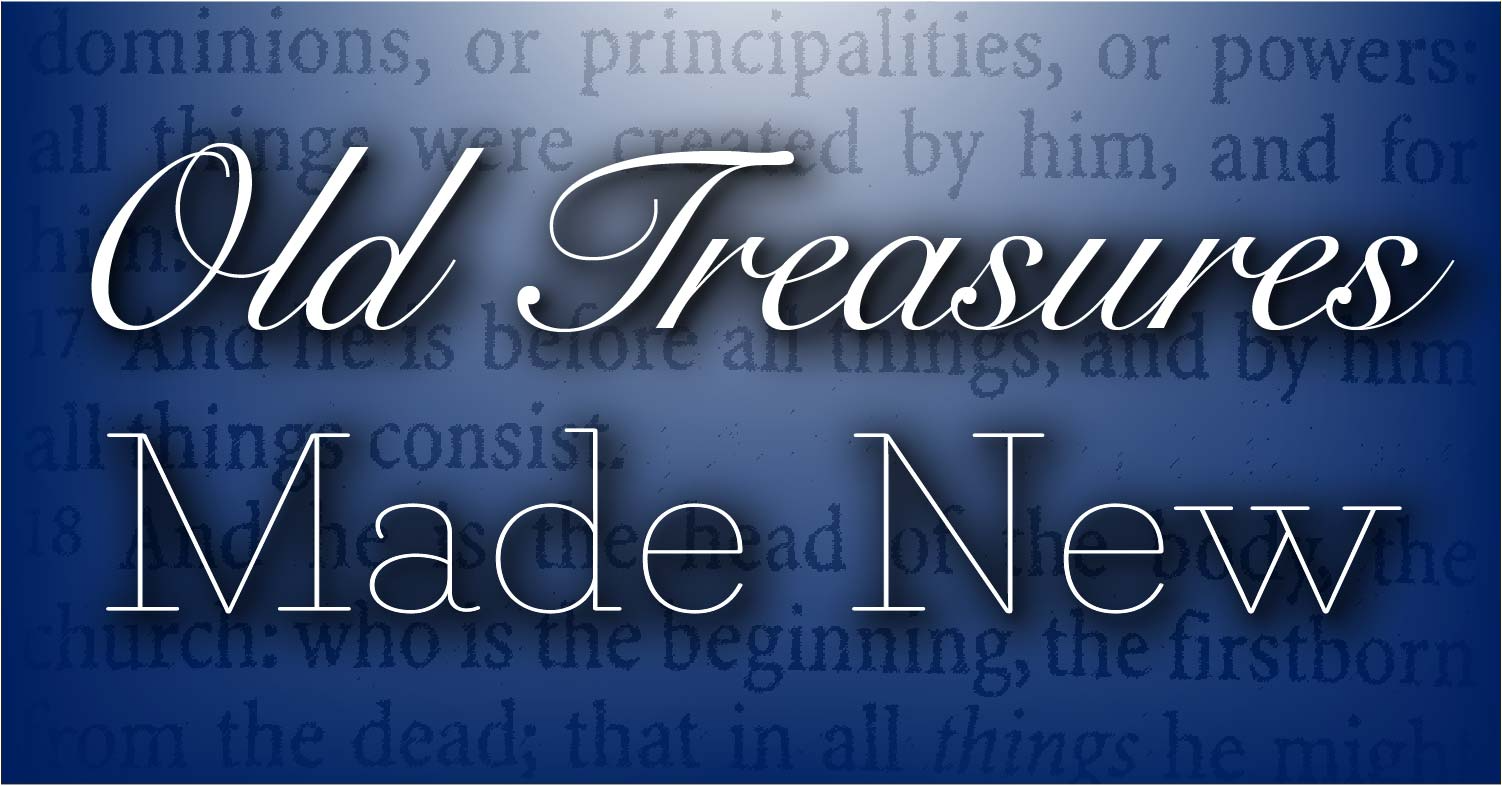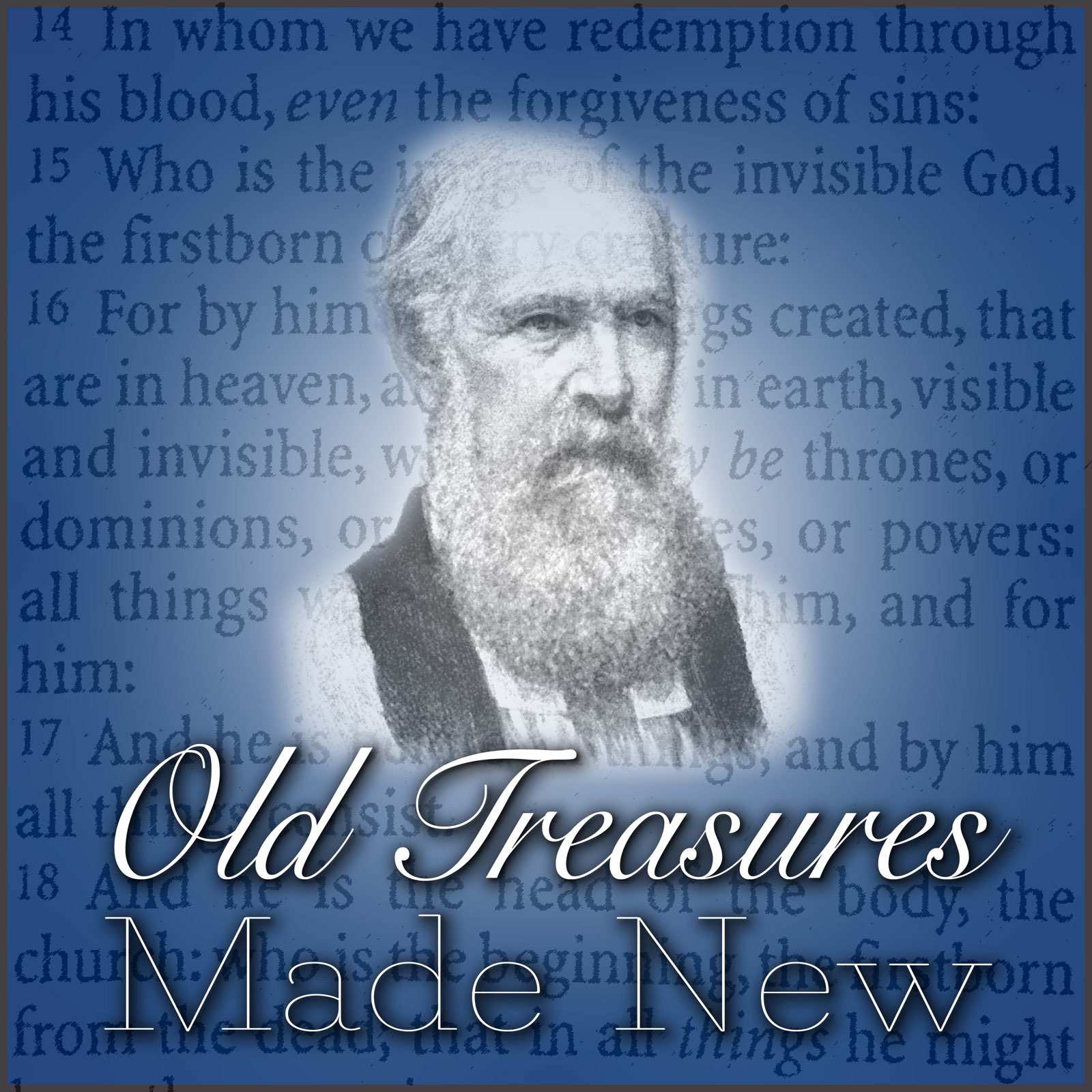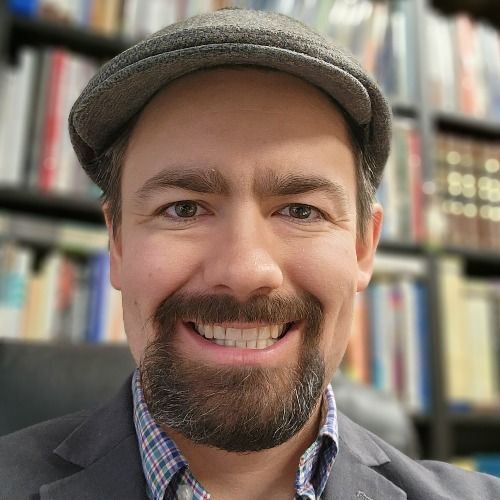Episode 149
Mark 12:18-27
Mark 12:18-27
- We learn how much unfairness may often be detected in the arguments of infidels.
- We learn how much of religious error may be traced to ignorance of the Bible.
- We learn how different will be the state of things after the resurrection, from the state in which we live now.
"For one thing, let us remember that an infidel will always try to press us with the difficulties and abstruse things of religion, and especially with those which are connected with the world to come. We must avoid this mode of argument as far as possible. It is leaving the open field to fight in a jungle."
"The reformation in Josiah's day was closely connected with the discovery of the book of the law. The false doctrines of the Jews in our Lord's time were the result of neglecting the Scriptures. The dark ages of Christendom were times when the Bible was kept back from the people. The Protestant Reformation was mainly effected by translating and circulating the Bible. The churches which are most flourishing at this day, are churches which honor the Bible. The nations which enjoy most moral light, are nations in which the Bible is most known. The parishes in our land where there is most true religion, are those in which the Bible is most studied. The godliest families are Bible-reading families. The holiest men and women are Bible-reading people. These are simple facts which cannot be denied."
"The world beyond the grave is a world unseen by mortal eye, and therefore unknown. The conditions of existence there, are necessarily hidden from us, and if more were told, we would probably not understand it."
Questions:
1. In dealing with infidels (those known to us as unbelievers), have you ever been pressed by strange questions instead of clear doctrinal truths? Will you commit to not entertain such questions and point to clear biblical teaching instead and appeal to their conscience?
2. Do our lives show that the Bible is consumed or ignored? If we do read, do we just check off a list or do we read to make it our rule of faith and practice?
3. Do we long for this glorious heavenly home God has promised for those who love Him? This demands the greater question: do we really love Him?


